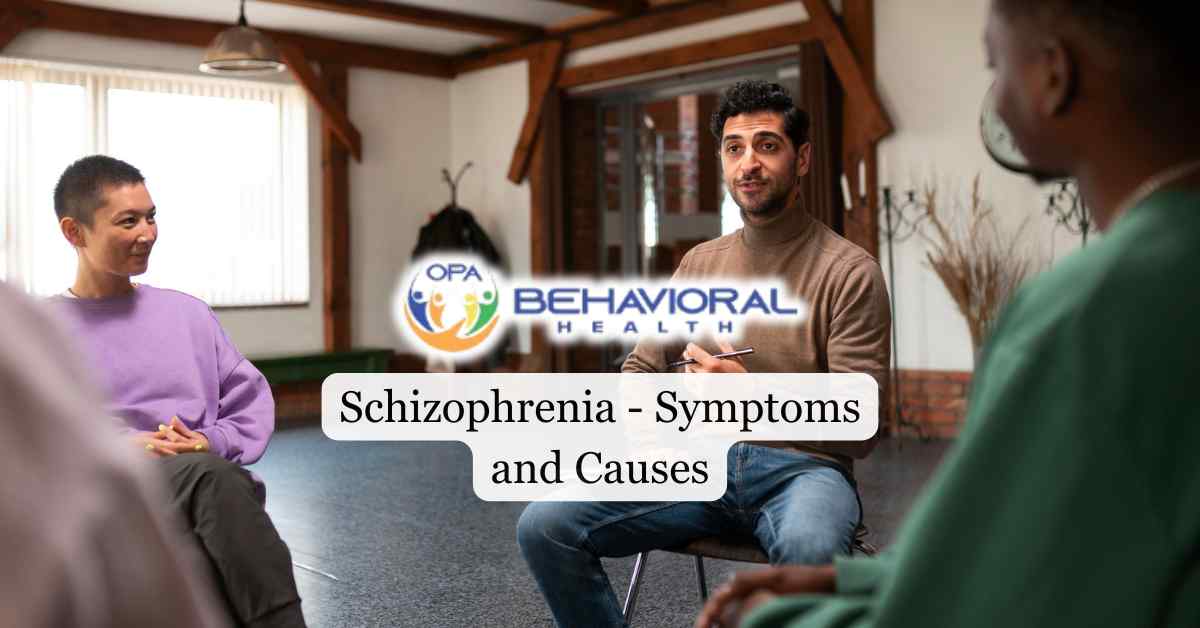Schizophrenia is a complex mental health disorder that is often misunderstood. It affects an individual’s thoughts, emotions, and behaviors. The disorder is characterized by various symptoms, including hallucinations, delusions, and cognitive difficulties, which can have a significant impact on a person’s daily life. However, with the right treatment approach, people with schizophrenia can effectively manage their symptoms and lead fulfilling lives.
This article aims to explore the wide range of treatment options available for schizophrenia, including traditional medical approaches, innovative therapies, and supportive services.

Antipsychotic Medications
Antipsychotic medications help to manage the disorder’s hallmark symptoms, such as hallucinations and delusions.
These medications are classified into two categories: first-generation (typical) and second-generation (atypical) antipsychotics, based on their side effect profiles. Second-generation antipsychotics are generally preferred for initial treatment due to their lower risk of extrapyramidal side effects compared to first-generation medications.
However, side effects such as metabolic issues and cardiovascular effects still require regular monitoring to ensure optimal medication management and adherence.
Clozapine, a second-generation antipsychotic, is reserved for treatment-resistant schizophrenia, demonstrating approximately 30% efficacy in patients who don’t respond to other antipsychotic medications.
Antipsychotics can be administered in both oral and long-acting injectable forms, allowing for flexibility in adherence and reducing the likelihood of hospitalization.
It’s crucial to work closely with a healthcare provider to find the most effective medication and dosage while minimizing side effects.
Opting for the professional Schizophrenia Treatment we provide at OPA Behavioral Health will help individuals work efficiently on their recovery and will consequently improve their overall quality of life.
Psychosocial Therapies
Psychosocial therapies individuals develop coping strategies, improve social functioning, and enhance overall quality of life.
Cognitive behavioral therapy (CBT) is a key psychosocial therapy that enables you to identify and modify negative thought patterns, leading to better coping skills and improved functioning. Family therapy provides invaluable education and support, fostering better communication and understanding within your family unit.
Social skills training equips you with the necessary communication skills to navigate social interactions and build stronger relationships. Group therapy offers a supportive environment where you can share experiences and coping strategies with others who understand your struggles, promoting a sense of community and belonging.
Vocational rehabilitation is another crucial aspect of psychosocial therapy, assisting you in preparing for and maintaining employment, thereby regaining independence and integrating into society.
Read more about the symptoms of schizophrenia and its most common causes to gain a better understanding of what defines this mental illness and figure out what are the warning signs professional help is needed.

Supportive Services
Community programs provide invaluable resources for housing, employment, and crisis management, helping you maintain a sense of independence and integration within society.
Vocational rehabilitation services play a crucial role in preparing you for the workplace and ensuring you can maintain employment, fostering self-sufficiency and boosting your self-esteem.
Family therapy is another essential component, offering your loved ones the education and support they need to better understand your condition, improve communication, and reduce the stress of caregiving.
Support groups can help you connect with others who share similar experiences, allowing you to learn new coping strategies and feel less isolated in your struggles.
Social skills training programs focus on enhancing your communication abilities and daily functioning, enabling you to build and maintain stronger interpersonal relationships.
Complementary and Alternative Treatments
Mindfulness practices, including yoga and meditation, may help reduce stress and improve overall well-being. Some studies suggest that acupuncture could alleviate symptoms of anxiety and depression in those with schizophrenia.
Nutritional interventions focusing on omega-3 fatty acids and vitamins are being explored for their potential benefits in supporting brain health and symptom management, though more research is needed.
Herbal supplements like ginkgo biloba and St. John’s Wort have also been investigated, but their efficacy and safety remain unclear.
It’s crucial for individuals considering complementary and alternative treatments to consult with healthcare professionals to ensure these approaches are safe and don’t interfere with conventional therapies.
Find out what the different types of schizophrenia are and how each of them impacts those living with this condition.
Innovative Therapies
Cognitive Enhancement Therapy (CET) is one such innovative therapy that aims to improve cognitive functions like attention and memory through structured group sessions and brain training exercises.
Another creative avenue is Arts Therapy, which offers a means for self-expression and can potentially reduce symptoms while boosting emotional well-being.
Meta-cognitive training is also gaining traction as it helps individuals become more aware of their thought processes, enabling them to better manage delusions and enhance overall functioning.
For those experiencing their first psychotic episode, Coordinated Specialty Care (CSC) provides a comprehensive, team-based approach that integrates medication management, psychotherapy, and family support to optimize treatment outcomes.
While more studies are needed to fully understand the long-term impact of these interventions, they offer hope for improved quality of life and symptom management for those living with this complex mental health condition.
Final Thoughts from OPA Behavioral Health
At OPA Behavioral Health, we recognize the crucial role that a nurturing and supportive environment plays in achieving positive outcomes. Our team of mental health professionals in Florida is dedicated to delivering comprehensive and compassionate care to individuals living with schizophrenia. Our experienced staff is committed to developing personalized treatment plans that incorporate a variety of therapies, including medication management and innovative approaches.








